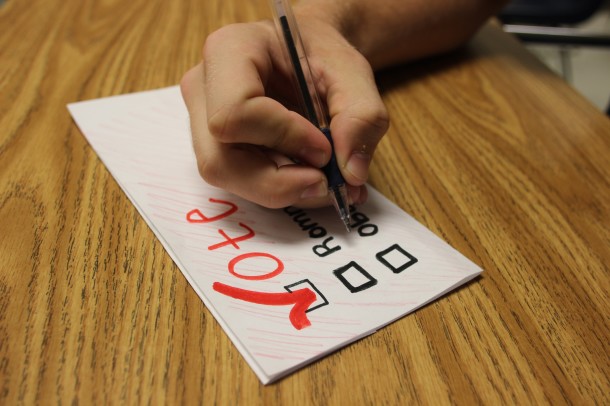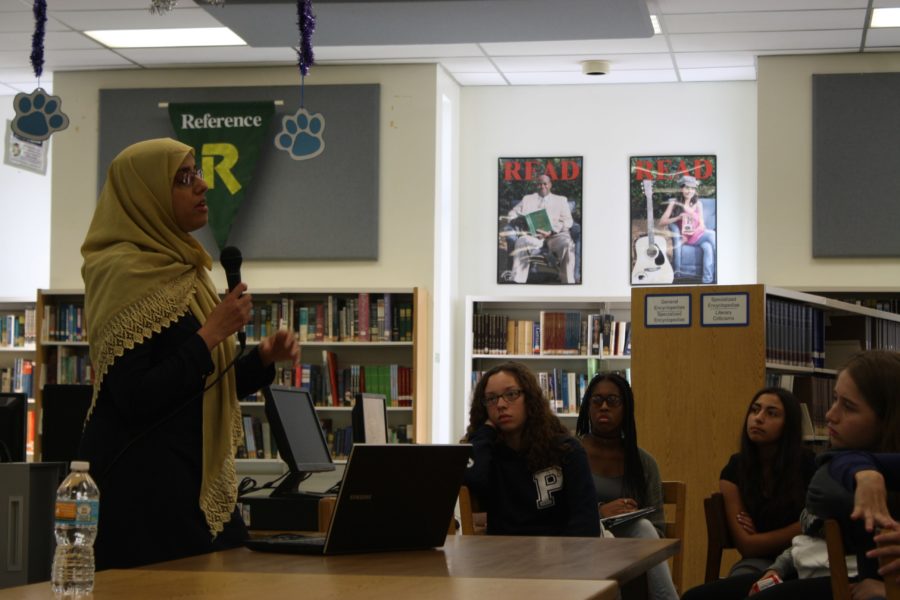It’s that time of year again; that time when every news program flashes clips of campaigning, voting, and elections; that time when the United States may face a new future under a different president; that time when people question their role in the voting process. The United States possesses a unique voting system unlike many other countries. The Electoral College, in the grand scheme of things, actually decides the president, so does the popular vote actually matter?
Every four years in November, eligible citizens of the United States vote for a presidential ticket consisting of one presidential nominee and one vice-presidential nominee. After the popular vote, the red/blue outcome of each state depends on a group of electors who decide the president. Each state has a slate of electors derived from the total of its House of Representatives and Senate members. (Florida has 29 electors) Therefore, larger states have more electors than smaller states making it crucial for a candidate to “win” the larger states. Even though the popular vote happens on the first Tuesday of November every four years, the electors actually cast their ballot a month later in December. Each elector meets in his or her respective state capitol where they may or may not vote with the popular majority. In January, each of the 538 votes are opened, counted, and certified during a joint session in congress.
There were however, a few instances in history when the electorate vote championed the popular vote. In the 2000 election between democrat Al Gore and republican George Bush, Gore won the popular vote and everyone thought he would be the future president; however, Bush won a majority of the electoral college’s votes and was the one actually labeled President. The only other times in history that a president lost the popular vote but won the electorate vote were in 1824, 1876, and 1888. According to the Constitution, the Electoral College determines the President of the United States and is supreme to all other voting methods. In reference to the twelfth amendment, if no candidate receives a majority of the electoral vote or the candidates are tied, the House of Representatives then decides who the President shall be.
So the question remains: Does the popular vote really matter? The popular vote held every four years actually determines how many electorate votes are assigned to each candidate. The “winner” of the election needs to attain at least 270 votes, or the majority. The problem with eliminating the Electoral College according to critics is that if presidents were elected solely on the popular vote, then campaigning would only be important in urban, highly populated cities. By casting a vote in November, citizens determine which candidate’s slate of electors vote in the Electoral College. The founding fathers implemented the Electoral College voting system to avoid “mob rule” and protect smaller states, which is why the United States of America is referred to as a Republic.
For a historical reference behind the creation of the Electoral College, read Federalist No. 68 by Alexander Hamilton who drafted the entire process.








